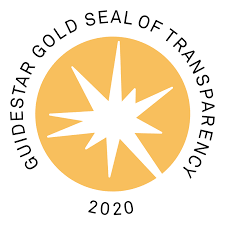The last time Saudi Arabia’s human rights record was questioned by fellow United Nations (UN) members in the Universal Period Review (UPR) was in 2018.
It received a grand total of 258 recommendations from other countries on how it could improve respect for human rights. Saudi Arabia accepted 199 of the 258 recommendations that came out of the UPR process.
All countries go through the UPR process at the UN every six years. It’s an opportunity for other countries to examine one nation’s human rights records – and offer recommendations.
Saudi Arabia is halfway through its current six-year UPR cycle. To mark the milestone, we investigated how Saudi Arabia is performing against the recommendations it accepted in 2018.
Our report, produced with the European Saudi Organisation for Human Rights (ESOHR), shows that Saudi Arabia has made little to no progress in implementing any of 199 recommendations it accepted in 2018.
Some of the recommendations it accepted include:
- Becoming a party to human rights treaties;
- Restricting the use of the death penalty to the most serious crimes;
- Abolishing the death penalty for child defendants; and
- Guaranteeing fair trial rights for people facing death sentences.
Unfortunately, the reality in Saudi Arabia right now is that the death penalty is far too common. It is not restricted to “the most serious” crimes. The death penalty can be applied as a sentence for drug-related offences. Or offences relating to freedom of expression. Or to children – including our own client Abdullah al Howaiti.
There has no change to the law providing greater fair trial rights since 2018. Saudi Arabia has shown potential willingness to change—it accepted some recommendations and promised to abolish the death penalty for child defendants, however the reality is that they have a long way to go to improve human rights in the country.
